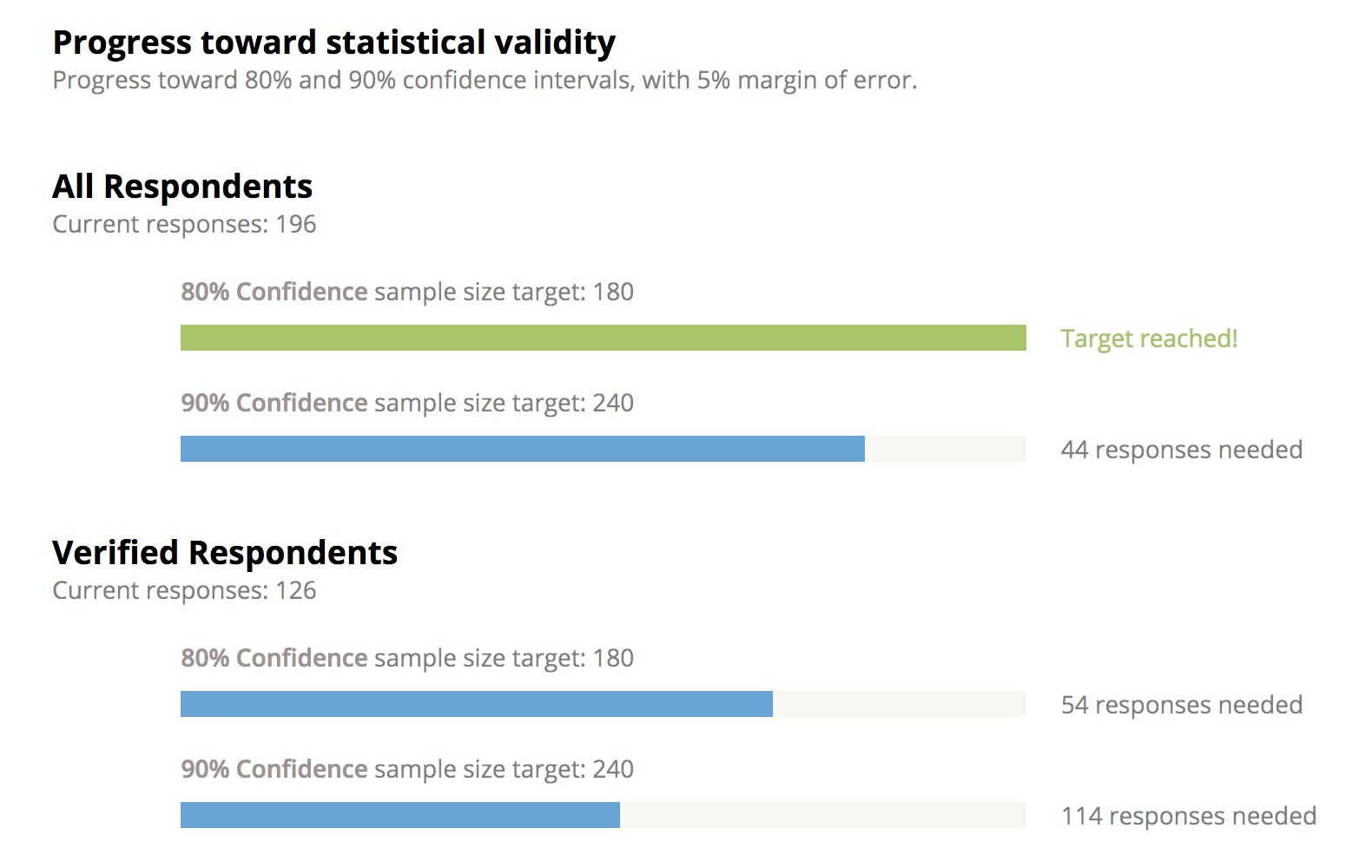Five Ways to Take the Edge off Your Stress Now
By Polco on March 11, 2021

- By Heather Locke - Workplace Wellness -
Stress is a fact of life. What are easy ways to support your body and mind as you work with stressors throughout the day?
We’re at the one-year mark of life during the COVID-19 pandemic. As we look back over the past year with its many challenges, hopefully we’ve gained some ways of working with the new directions our lives have taken.
However, less separation between work, family and life has taken a toll on many of us. On the other hand, being separated from people we care about and not knowing when we will see them again adds a different element of stress. Balancing the needs of all these elements of our life can produce low or mid-level stress. Stress hormones linger, so something that was easy to brush off last week may become today’s last straw.
For many of us, life is not significantly different than a few months ago in terms of limiting contact, sheltering at home, wearing face masks, limiting travel and not gathering in larger groups. So as we weather these next few months, what are some stress-relieving activities that are simple, inexpensive, and may cheer you up too?
Here are five things you can do to take the edge off your stress today:
1) Move It
From a minute to an hour, exercise can rebalance the body, remove toxins, engage endorphins, and help us mentally reset. Take a 20 minute walk, do a five minute set alternating jumping jacks and push ups, or unroll your yoga mat. Finding what works for you consistently is key for longer lasting results.
2) Journaling
Let the paper (or computer) hold your worries. The act of writing down what is worrying you can help you let it go or at least move it outside yourself so you can focus on what’s in front of you. You can problem-solve issues much better once you’ve gained some perspective. There are many ways to incorporate this in your day: try sitting down first thing in the morning for 10 minutes of writing. This can help you ease into the day. Alternately, jotting down worries throughout the day as they come up is another way to note them and let them go until later.
3) Laughter Can Be The Best Medicine
What’s on your movie list? Are you watching shows that are full of carnage, drama, and chaos? How about podcasts? Numerous studies explore the benefits of laughter. Laughter increases blood circulation, decreases muscle tension and stimulates your organs, similar to a jaunt through the neighborhood. Long term effects of laughter have been studied and include pain relief, improved mood and immune response and an overall sense of satisfaction in one’s life. Find your type of humor and recharge your funny bone! There are multiple streaming services that include comedy, though you may be more interested in podcasts, books and magazines.
4) Connect With Your People And Your Pets
They may be right in front of you, or they may be a Zoom call away. Don’t forget to connect with the people who know and love you. Your people likely need to hear from you, too. Your dogs definitely need to walk and your kitties could use a new catnip toy. Chances are you may laugh (!) and remember some good times, let off steam, or make new plans.
5) Take Care Of You
How well are you taking care of yourself lately? Many stress studies consider aspects of our daily hygiene such as sleep, eating, taking breaks throughout the day, and the amount of caffeine we consume. Take a moment to consider how well you are taking care of yourself. We know that caffeine and alcohol can disrupt sleep, so consider that if you’re not getting 7-8 hours of decent sleep regularly. Eating real, unprocessed food regularly can increase the body’s ability to shrug off stressors throughout the day. Take a break, step outside, drink some water - all of these small things can have a noticeable impact when incorporated into the fabric of daily life.
Hang in there! Remember that stress exists to keep us safe in real situations of danger. Rather than dealing with constant stress hormones, implementing these small changes will empower you to manage stress in times of difficulty.
Related Articles
Popular posts
Sign-up for Updates
You May Also Like
These Related Stories

Top Ten Articles of 2020 by Polco / National Research Center

How and When to Draw Statistical Inference from Online Results

